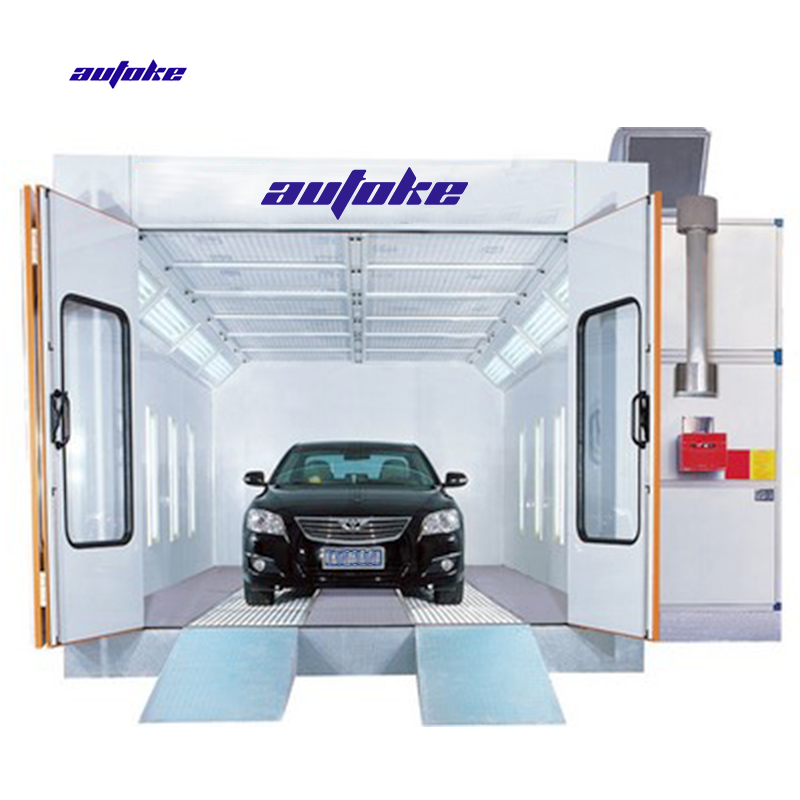Underwater pelletizers play a crucial role in the plastics processing industry, allowing for the efficient production of high-quality pellets from various polymer materials. If you’re considering investing in an underwater pelletizer, understanding the key features that enhance performance and efficiency is essential. Here’s what to look for:
1. Complete System Integration
An effective underwater pelletizing system should include a melt pump, filter, start valve, die head, underwater pelletizer, water circulation system, and dehydration system. This integrated setup ensures seamless operation, reducing the chances of equipment failure and optimizing the entire pelletizing process.
2. Versatility in Material Processing
Choose an underwater pelletizer that can handle a wide range of polymer materials, such as polypropylene (PP), polyethylene (PE), polystyrene (PS), thermoplastic elastomers (TPE), thermoplastic polyurethane (TPU), and various masterbatch and chemical raw materials. This versatility allows you to adapt to different production needs without investing in multiple machines.
3. High Efficiency and Low Energy Consumption
Look for models that offer a high-efficiency, low-energy pelletizing process. Advanced designs can automate the pelletizing operation, significantly reducing energy consumption and operational costs while maximizing output. This is especially important for businesses looking to improve their sustainability practices.
4. Pellet Quality and Consistency
The quality of pellets produced is paramount. A reliable underwater pelletizer should produce pellets that are uniform in size and shape, ensuring better performance in downstream applications. High-quality pellets also enhance customer satisfaction and product reputation.
5. Ease of Operation and Maintenance
An intuitive user interface and easy access to components for maintenance are vital for operational efficiency. Look for systems designed with user-friendly controls that simplify the setup and monitoring processes. Moreover, ease of maintenance reduces downtime and associated costs.
6. Advanced Water Circulation System
The efficiency of the water circulation system directly impacts the cooling and solidification of pellets. Ensure that the underwater pelletizer has a robust system capable of maintaining optimal water temperatures and flow rates to enhance pellet quality and prevent deformation.
7. Compact Design and Production Space Efficiency
A compact design is beneficial for manufacturers with limited production space. Opt for an underwater pelletizer that maximizes production capacity while minimizing the footprint. This can lead to significant space savings and improved workflow within your facility.
8. Reliable Dehydration System
An efficient dehydration system is crucial for removing excess water from the pellets post-cooling. Ensure the pelletizer includes a reliable dehydration mechanism that prevents water retention, which can affect the quality and usability of the final product.
Conclusion
When selecting an underwater pelletizer, consider these key features to ensure you invest in a system that meets your production needs efficiently. At JiaXin Mechanical Manufacture CO., Ltd., we specialize in designing and manufacturing advanced extruders and molding machinery tailored for the plastic industry. Our underwater pelletizers are engineered to enhance productivity while delivering high-quality results. Contact us today to learn more about our solutions and how we can assist in your next project!
www.tcextruder.com
JiaXin Mechanical Manufacture
